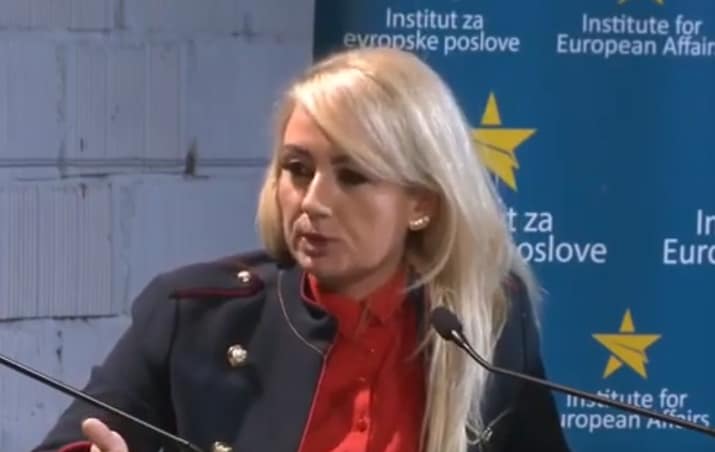Dragana Trifković, general director of the Center for Geostrategic Studies
Numerous conflicts in the world are deepening and intensifying, which on the one hand corresponds to the American doctrine of the clash of civilizations, but on the other hand, the collective West is weakening economically, militarily and politically, thereby reducing the possibility of turning the situation in its favor by creating controlled chaos. The process of global repositioning has entered a dangerous phase when the power centers of the collective West, not wanting to lose the levers of power, show their readiness to go all the way in world destabilization. There for, there is a danger of opening new fronts, in addition to the existing ones, where Ukraine and Palestine currently have a particularly high intensity of conflict.









